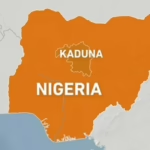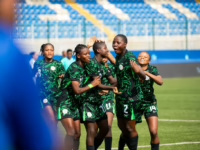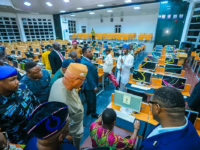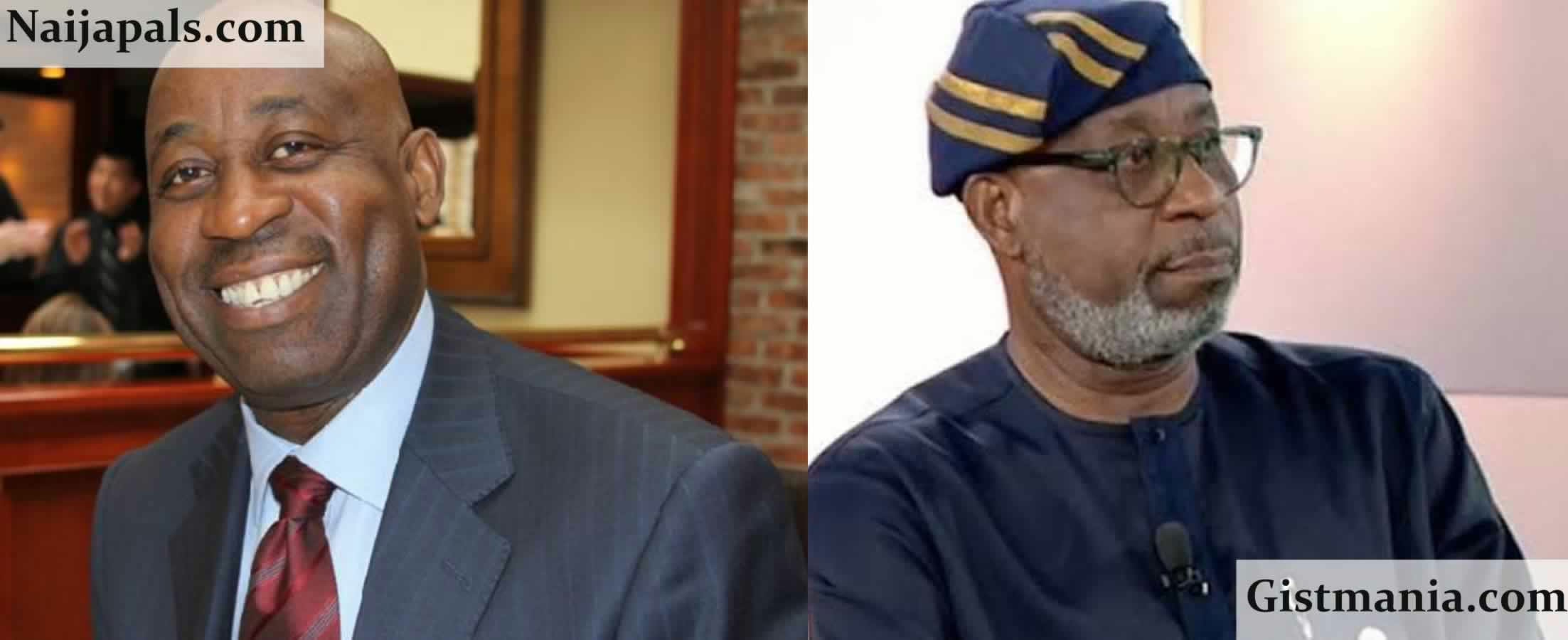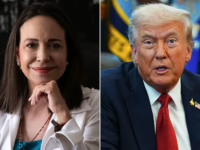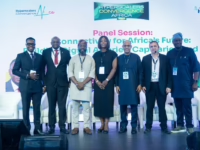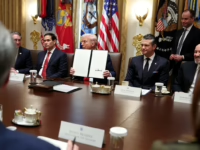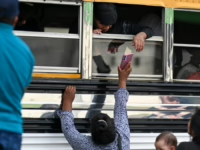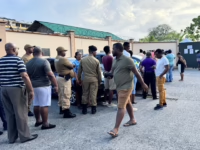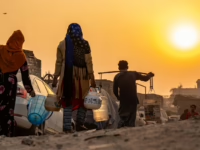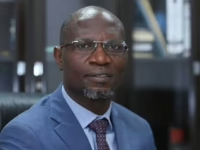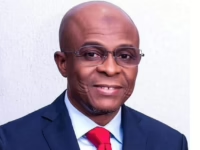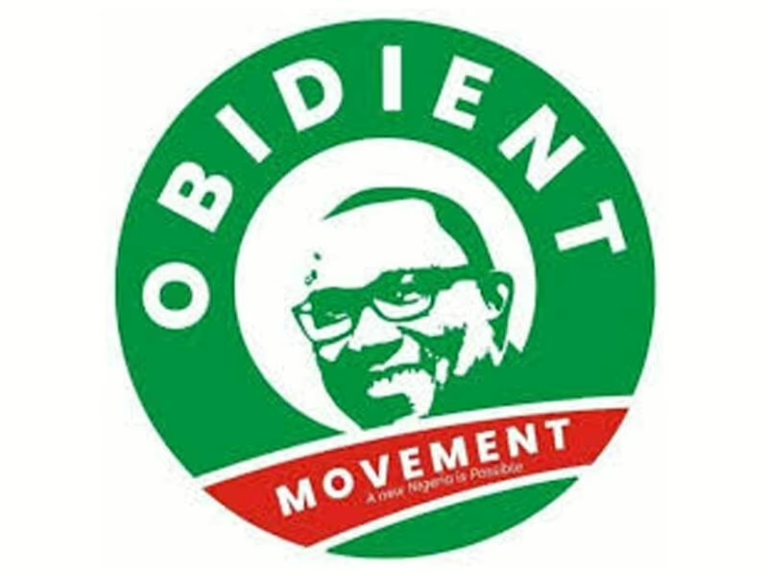A faction within the Obidient family, known as Diaspora Engagement, has officially announced its withdrawal from the current framework of the Obidient Movement. The group cited a pervasive “toxic culture” and “counterproductive attitudes” as the primary reasons for their departure.
This decision came after several months of careful evaluation and growing dissatisfaction with the internal management and direction of the movement.
In a statement released yesterday and signed by co-director Dr. David Ogula, the group described the separation as a difficult but essential step, especially given Nigeria’s ongoing challenges and the imperative to uphold the founding principles of the movement.
“Over a year ago, we were invited to help shape the movement’s structure, motivated by a shared dream of a Nigeria built on integrity, accountability, inclusiveness, fairness, and justice,” Ogula explained.
He emphasized that their initial goal was to harness the passion of Nigerian youth into a broad, diverse coalition, free from the usual divisions of politics, ethnicity, and religion.
Unfortunately, the reality they encountered diverged sharply from these aspirations.
“Instead of the promised unity, we found behaviors that contradicted the public commitments-marked by petty politics, ambiguity, and arbitrary decision-making,” Ogula lamented.
He described the internal environment as increasingly toxic, filled with actions and symbols that clashed with the movement’s stated values.
Some members, he alleged, actively sabotaged the organization’s integrity by violating confidentiality and enabling misconduct.
“What was meant to be a movement became a gathering of sycophants, submissive followers, and hopeful but disillusioned Nigerians,” he stated.
Decisions, according to Ogula, were frequently driven by personal agendas rather than the collective mission, with established rules and protocols often disregarded.
He also criticized the treatment of the diaspora wing, which was viewed more as a financial resource than a strategic partner in nation-building.
Poor comprehension of international legal frameworks resulted in opaque and ineffective arrangements that compromised the diaspora’s independence.
“In the end, it felt like traveling a rough path in a broken-down vehicle, only to reach a dead end,” Ogula reflected.
Despite the split, the group remains committed to championing a just, equitable, and inclusive Nigeria, even if it means operating outside the current Obidient Movement.
Ogula affirmed their intention to collaborate with principled Nigerians who share their vision to keep the dream of a renewed Nigeria alive.
“We take pride in our contributions and are unafraid to voice hard truths. Our hope for Nigeria’s future remains strong,” he concluded.


